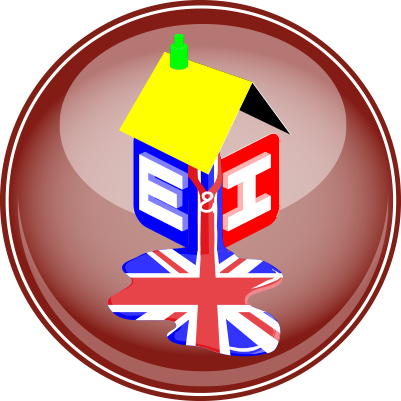11 Things I Wish Every Parent Knew by Dr. Stephen Cowan
 After 25 years practicing pediatrics, and caring for thousands of children, I've noticed some patterns that offer me a deeper vision of health. Here are some of those invaluable lessons:
After 25 years practicing pediatrics, and caring for thousands of children, I've noticed some patterns that offer me a deeper vision of health. Here are some of those invaluable lessons:
1. GROWTH AND DEVELOPMENT ARE NOT A RACE.
These days we’re in such a rush to grow up. In our mechanized, post-industrialized world of speed and efficiency, we've forgotten that life is a process of ripening. To get good fruit, you need to nourish strong roots. Pay attention to the ground that supports your child’s life: Go for a walk with your child, eat with your child, play together, tell him a story about your experience as a child.










 I am sharing with you today 10 things that I will never forget.
I am sharing with you today 10 things that I will never forget.
 Our approach promotes enjoyment and encourages the students to participate. We use a combination of the communicative approach, task based learning and total physical response methods in order to get the language across and provide ample opportunities for participation. The children get to interact with native speakers through verbal and physical participation and the lessons are interesting and relevant to their age and language needs. Our aim is to get the students excited about learning English and get them learning without them even realising.
Our approach promotes enjoyment and encourages the students to participate. We use a combination of the communicative approach, task based learning and total physical response methods in order to get the language across and provide ample opportunities for participation. The children get to interact with native speakers through verbal and physical participation and the lessons are interesting and relevant to their age and language needs. Our aim is to get the students excited about learning English and get them learning without them even realising. Studies show that children absorb language more easily at an early age. It can also be said that children have the capability to retain information and acquire skills at an amazing pace. It is important to start learning a different language during this period.
Studies show that children absorb language more easily at an early age. It can also be said that children have the capability to retain information and acquire skills at an amazing pace. It is important to start learning a different language during this period.




